Question And Answer
Publications
Articles, publications, books, tools and multimedia features from the U.S. Institute of Peace provide the latest news, analysis, research findings, practitioner guides and reports, all related to the conflict zones and issues that are at the center of the Institute’s work to prevent and reduce violent conflict.

How a Fractured Myanmar is Navigating U.S.-China Rivalry
As the rivalry between the United States and China intensifies, Southeast Asian countries have been forced to navigate this growing power competition. The challenge has proven formidable even for those with strong governance and stability. For Myanmar — where a civil conflict between the ruling military junta and a loose alliance of resistance groups recently entered its fourth year — developing a cohesive approach to navigating U.S.-China competition might seem unattainable and unimportant in the current moment.

Indonesia’s Nickel Bounty Sows Discord, Enables Chinese Control
As the world moves toward cleaner forms of energy, specific minerals and metals that support this transition have become “critical.” Nickel — a major component used in electric vehicle (EV) batteries — is one such critical mineral. Demand for battery metals is forecast to increase 60-70 percent in the next two decades. This may be a boon for some. But in Indonesia, which produces more than half of the world’s nickel supply, it has led to political, environmental and ethical complications.
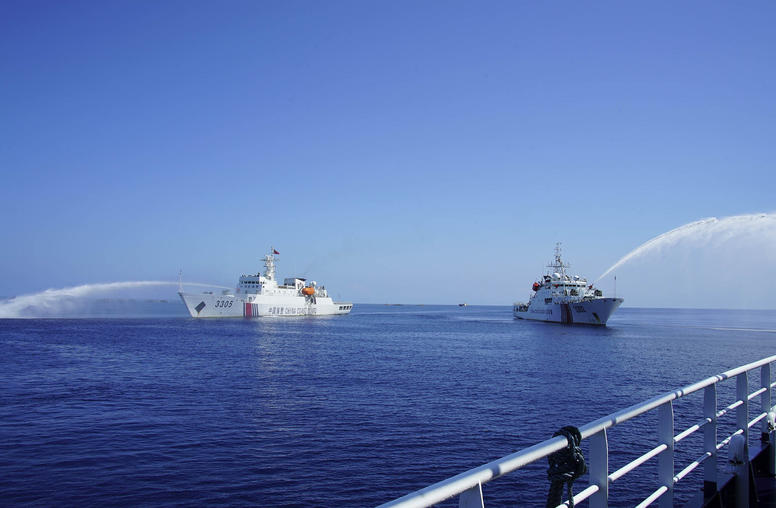
Are China and the Philippines on a Collision Course?
Tensions between China and the Philippines have sharply escalated in recent months over territorial disputes in the South China Sea that could draw in the United States.
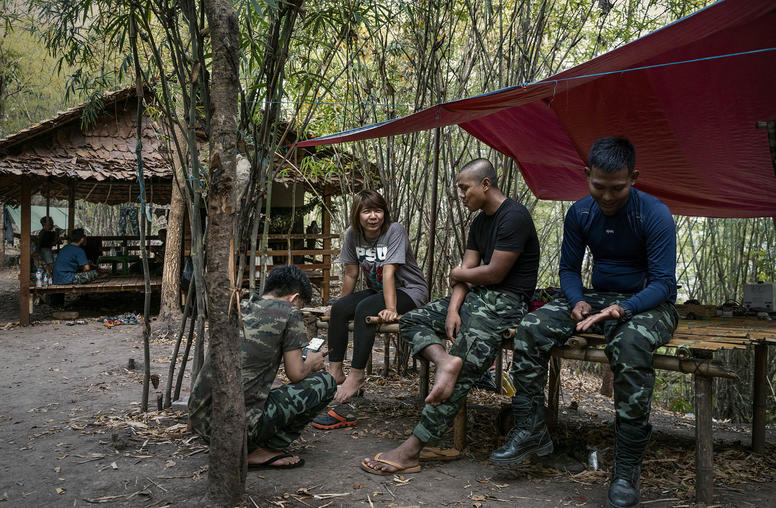
Myanmar: New Data Show Wide Support for Unity Government
The three-month offensive by Myanmar’s alliance of disparate ethnic armed groups has weakened the military regime more than at any time since it seized power three years ago. This highlights a question for international policymakers: Could the anti-coup forces stabilize Myanmar? New public opinion data bolsters evidence that the National Unity Government (NUG) — which combines representatives elected in the 2020 election and ethnic minority leaders — has a solid basis to lead such an effort, holding strong popular support across Myanmar’s numerous ethnic groups. Such stabilization will depend on the NUG’s ability to deepen its inclusivity and responsiveness and broaden its political coalition.
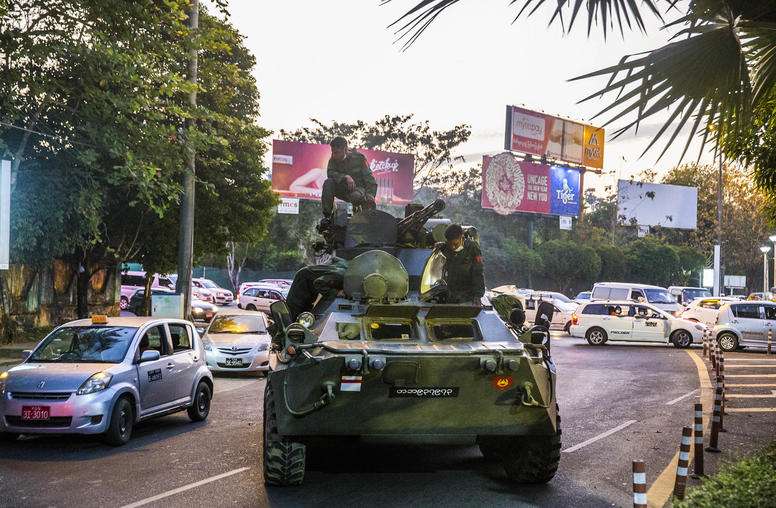
Myanmar’s Fateful Conscription Law
Earlier this month, Myanmar’s ruling junta enacted a compulsory conscription law that had been dormant since 2010. General Guan Maw, a leader of the Kachin Independence Organization, greeted the junta's decision by comparing it to the 2021 military coup: "If February 1, 2021, was the beginning of the end, the law enforced on February 10, 2024, can be said to mark the end of the end.” As popular reactions to the new conscription plan roll out across the country, General Guan Maw’s pronouncement becomes increasingly prescient.
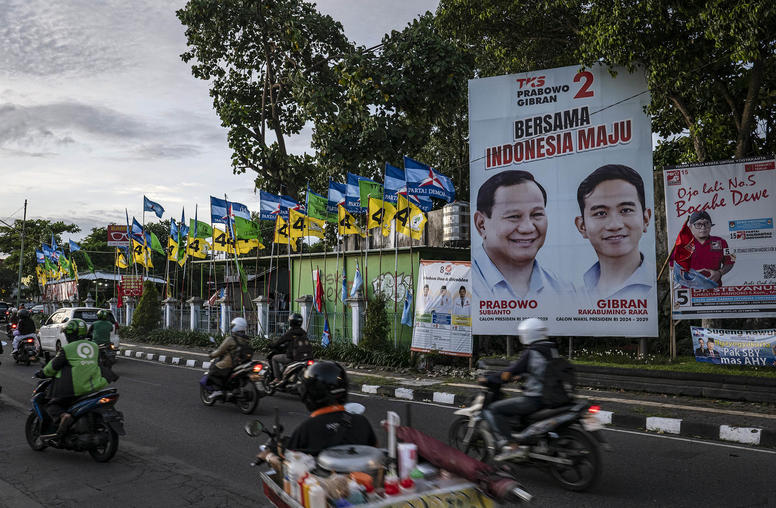
How Might Prabowo Navigate Conflict, Competition as Indonesia’s President?
Indonesia’s defense minister, Prabowo Subianto, is set to become the next president of the world’s fourth-largest country and third-largest democracy. Prabowo will take the reins of power at a tense moment for regional and global security and as president will have to contend with a persistent, low-grade conflict in West Papua. Continuity will likely hold sway as prevailing winds in Indonesia’s foreign policy chart a well-worn course for navigating geopolitical competition and global conflicts, this time with what appears to be a willing captain at the helm.
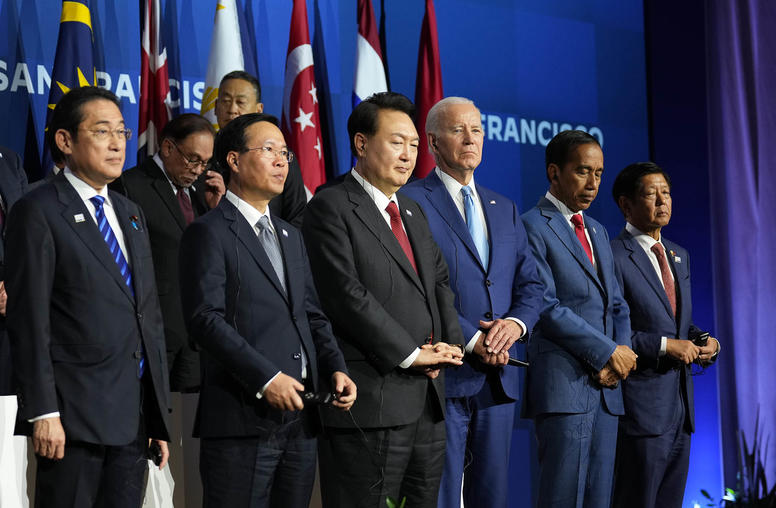
Two Years Later, What Has the Indo-Pacific Strategy Achieved?
This month marks the second anniversary of the Biden administration’s Indo-Pacific Strategy (IPS). USIP experts Carla Freeman, Mirna Galic, Daniel Markey, and Vikram Singh assess what the strategy has accomplished in the past two years, how it has navigated global shocks and its impact on partnerships in the region.
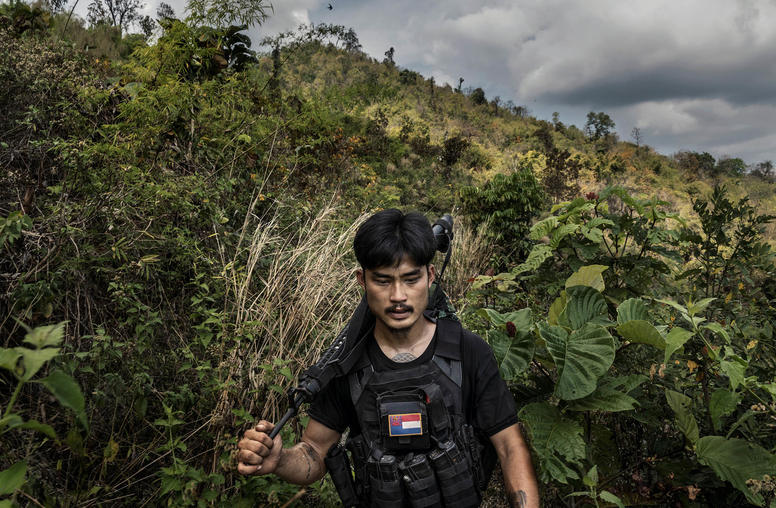
Three Years After Coup, Myanmar’s Generals Face an Existential Crisis
Three years after Myanmar’s military overthrew the country’s democratically elected government, the ruling generals — having suffered humiliating battlefield defeats — face an existential crisis. Victories by the diverse ranks of Myanmar’s resistance have invigorated their morale and they are tightening battlefield coordination despite slow progress toward political consensus. The military, meanwhile, is short of manpower and controls a shrinking percentage of the nation.
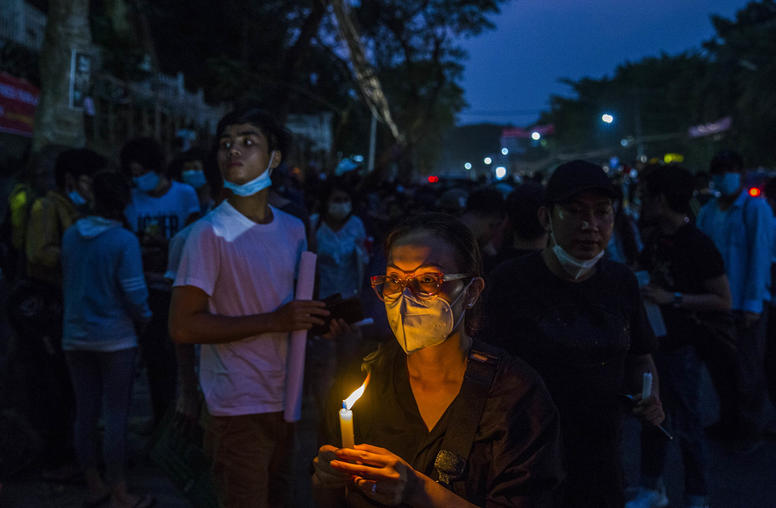
The Myanmar Army’s War Against Mental Health and Psychosocial Support
After nearly 75 years of sustained conflict, Myanmar’s population has suffered devastating and compounding intergenerational trauma. But rather than address that collective trauma, successive military governments have terrorized the country while also disinvesting from systems of mental health and psychosocial support (MHPSS).
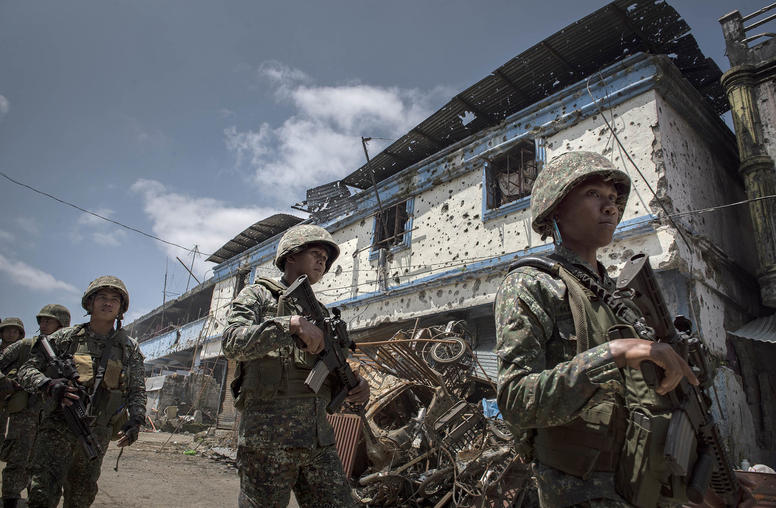
The Cascading Risks of a Resurgent Islamic State in the Philippines
On December 3, militants placed a bomb amongst parishioners gathered for Catholic Mass on the floor of the Mindanao State University (MSU) gym in Marawi City. Minutes later, it detonated killing four and injuring dozens. The Islamic State (ISIS) claimed that its East Asia affiliate was responsible for the attack. After a year of heavy losses, many had hoped that the threat posed by pro-ISIS groups was dissipating. Unfortunately, the violence that has characterized the six weeks since the bombing suggests that the Islamic State East Asia (ISEA) is attempting a resurgence timed for a critical 16-month period for the Philippines. The stakes are very high.